Hemorrhoids during pregnancy can be a painful and uncomfortable experience. They are surprisingly common, with up to 50% of pregnant women developing them at some point during their pregnancy. The good news is that there are safe and effective ways to reduce the discomfort and pain associated with hemorrhoids.
When using hemorrhoid cream during pregnancy, choosing a safe product for you and your baby is important. Look for creams made from natural ingredients and free from harmful chemicals. Witch hazel and aloe vera are natural ingredients that help soothe discomfort.
Always consult your healthcare provider before using any medication or cream during pregnancy. They can help determine what is safe and appropriate for you and your baby's health.
Hemorrhoid Cream Safe for Pregnancy: Important Factors

During pregnancy, many women experience discomfort from hemorrhoids. However, finding a safe and effective treatment can be difficult. This guide offers information on natural remedies, over-the-counter creams that are safe for pregnant women, and tips for choosing the proper treatment based on your needs.
Whether you're seeking immediate relief or a long-term solution, this guide can assist you in finding the appropriate hemorrhoid cream to alleviate your discomfort safely and effectively.
Pregnancy Hemorrhoids: What You Need to Know
Hemorrhoids are a common and uncomfortable condition that affects many women during pregnancy. Several factors increase the risk of developing hemorrhoids during pregnancy, including:
- Hormonal changes: During pregnancy, the body produces more progesterone, which relaxes the walls of blood vessels, making them more susceptible to swelling.
- Increased pressure: As the uterus grows, it puts pressure on the veins in the pelvis, slowing blood flow and increasing the likelihood of hemorrhoids.
- Constipation: Many pregnant women experience constipation due to hormone changes and the pressure of the growing uterus. Straining during bowel movements can increase blood pressure in the rectal area, leading to hemorrhoids.
- Weight gain: As the body gains weight during pregnancy, it puts more pressure on the rectal veins, increasing the likelihood of hemorrhoids.
Symptoms of Hemorrhoids During Pregnancy
Early identification and treatment of hemorrhoid symptoms during pregnancy are crucial for the well-being of expectant mothers. With proper care, relief can be provided to those experiencing discomfort.
We will explore the common signs to watch out for and provide insights into managing these symptoms effectively.
Pain Or Discomfort In The Rectal Area

One of the most noticeable symptoms of hemorrhoids during pregnancy is discomfort or pain in the rectal region. You may experience a constant dull ache or sharp shooting pains. Sitting for long periods or straining during bowel movements can exacerbate the discomfort. If you're feeling soreness, tenderness, or a persistent throbbing sensation in your rectum, it could be a sign of hemorrhoids.
Itching or Irritation
Another common symptom of hemorrhoids during pregnancy is intense itching or irritation in and around the rectal area. This can be incredibly uncomfortable and may worsen with moisture and friction. The urge to scratch can be challenging to resist, but doing so can lead to further irritation and potential infections. Soothing the itchiness becomes crucial to prevent other discomforts.

Swelling or Inflammation
Hemorrhoids often lead to noticeable swelling or inflammation in the rectal area. You may feel a bulging sensation or notice lumps around the anus. The swollen blood vessels can make sitting or walking uncomfortable, causing a constant reminder of their presence. Swelling may vary in severity, with some cases resulting in larger, more prominent hemorrhoids.
Bleeding During Bowel Movements
Bleeding during bowel movements is a concerning symptom of hemorrhoids during pregnancy. You may notice bright red blood on toilet paper or in the toilet bowl after passing stool. The bleeding typically occurs because the delicate blood vessels in the hemorrhoids get irritated and ruptured. While it can be alarming, minor bleeding is common with hemorrhoids and usually resolves independently.
Other Possible Symptoms
In addition to the primary symptoms mentioned above, some women may experience other discomforts associated with hemorrhoids during pregnancy. These can include feeling fullness or pressure in the rectal area, difficulty sitting for extended periods, or experiencing pain during bowel movements.
Hemorrhoid Cream During Pregnancy: Safe & Effective

It is essential to consult with a medical professional before taking medications, including hemorrhoid creams, during pregnancy. While hemorrhoid creams are generally safe during pregnancy, some active ingredients may cause adverse effects or harm to the developing fetus.
Factors to Consider When Choosing a Hemorrhoid Cream During Pregnancy
Active Ingredients: Choosing a hemorrhoid cream containing safe and effective active ingredients during pregnancy is crucial. Some active ingredients, such as phenylephrine and hydrocortisone, can harm or adversely affect an unborn baby. Creams containing natural ingredients, such as witch hazel, aloe vera, and chamomile, are recommended.
Brand Reputation: Choosing a reputable and trusted brand of hemorrhoid cream is also important. It ensures that the cream contains high-quality ingredients and has been tested for safety and effectiveness.
Ingredients to Avoid in Hemorrhoid Creams During Pregnancy
Phenylephrine: This ingredient can constrict blood vessels, leading to increased blood pressure and potential harm to the developing fetus.
Hydrocortisone: Topical steroids such as hydrocortisone can cause fetal harm and should be avoided during pregnancy.

Recommended Hemorrhoid Creams for Pregnancy
When pregnant, finding a hemorrhoid cream that can relieve symptoms and improve overall comfort is important. However, seeking medical advice before taking any medication during this time is crucial.
Luckily, pregnant women can access various safe and effective hemorrhoid creams designed to reduce inflammation and alleviate itching, burning, and pain.
When applying hemorrhoid cream during pregnancy, it is essential to follow the instructions carefully. Here are some tips for proper application:
- Wash the affected area with mild soap and water before applying the cream.
- Use a clean finger or applicator to apply a small amount of cream to the affected area.
- Gently massage the cream into the skin until it is absorbed.
- Wash your hands thoroughly after applying the cream.
Other Tips for Managing Hemorrhoids During Pregnancy

Hemorrhoids during pregnancy can be uncomfortable and painful. Fortunately, there are lifestyle changes you can make to help prevent and manage hemorrhoids during pregnancy.
- Stay hydrated: Drinking plenty of water and other fluids can help prevent constipation, leading to hemorrhoids. Aim for at least 8-10 glasses of water per day.
- Incorporate more fiber into your diet: Eating foods high in fiber, such as fruits, vegetables, and whole grains, can help prevent constipation and reduce the risk of hemorrhoids.
- Exercise regularly: Regular exercise can help keep your digestive system functioning correctly and prevent constipation.
- Avoid sitting or standing for long periods: Prolonged periods of sitting or standing can put pressure on your veins and make hemorrhoids more likely.
- Practice good hygiene: Proper hygiene can help prevent the spread of infection and reduce irritation. After using the bathroom, gently wipe the area with moist wipes or toilet paper and avoid using scented soaps or lotions.
- Use a donut pillow: Sitting on a donut pillow can help alleviate pressure on your bottom and relieve hemorrhoid pain.
- Seek medical attention: If you experience severe pain, bleeding, or discomfort, it is important to speak with your healthcare provider. They can recommend safe and effective treatment options for managing hemorrhoids during pregnancy.
Conclusion
In conclusion, dealing with hemorrhoids during pregnancy is a challenging experience. Still, there are ways to make it more comfortable, and using a hemorrhoid cream that is safe and effective is one. Choosing a cream specially formulated for pregnant women is crucial to avoid exposing yourself and your baby to potentially harmful ingredients.
Don't suffer through painful hemorrhoids during pregnancy. Take control of your comfort and find a cream that works for you. Remember that before using anything during your pregnancy, it's essential to consult your doctor to ensure it's safe for both you and your baby. Pregnancy is a beautiful time, and anything that can make it more comfortable is worth exploring.

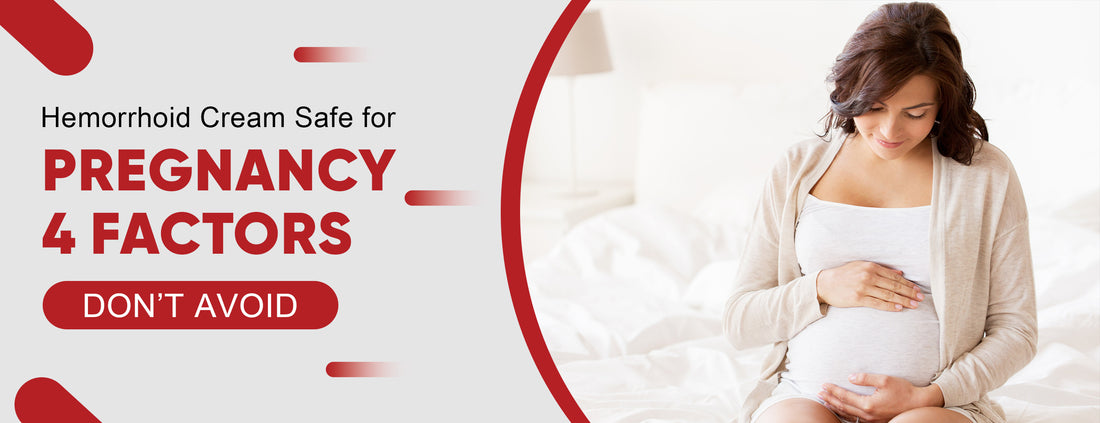
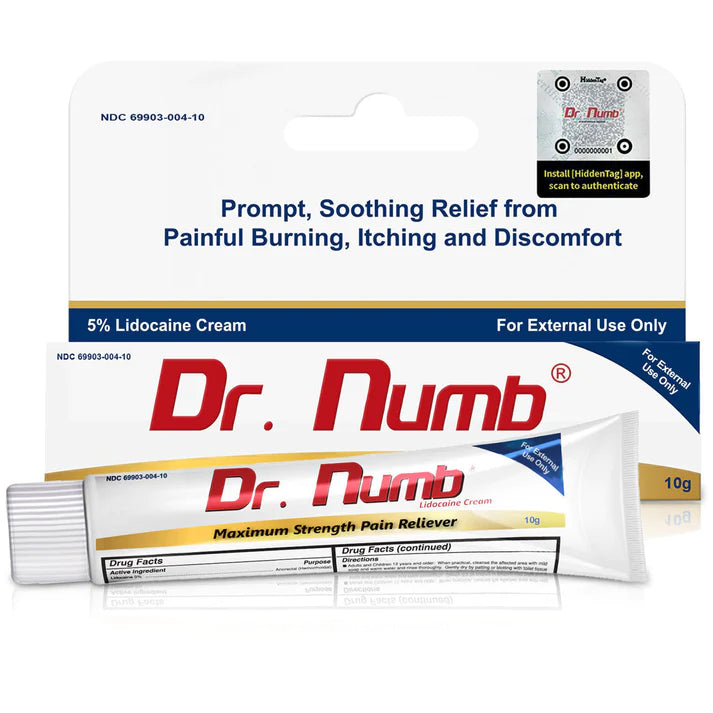




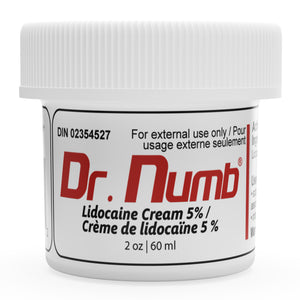
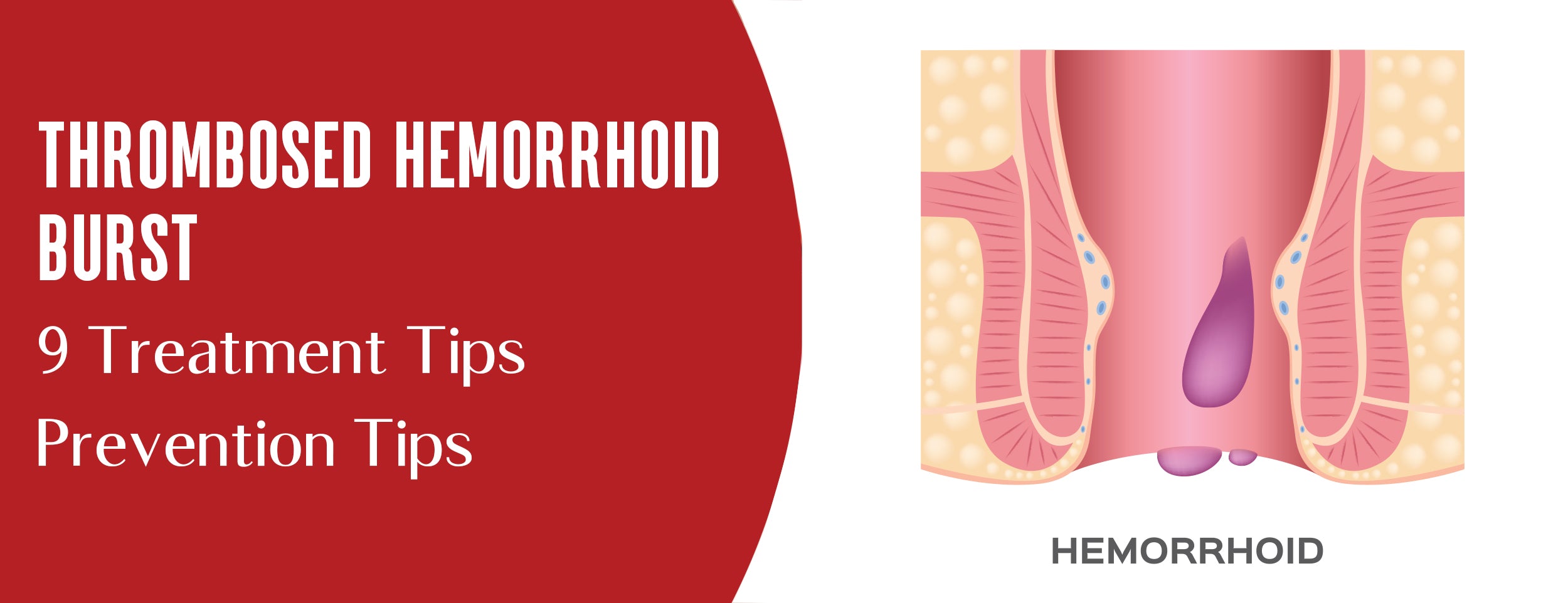
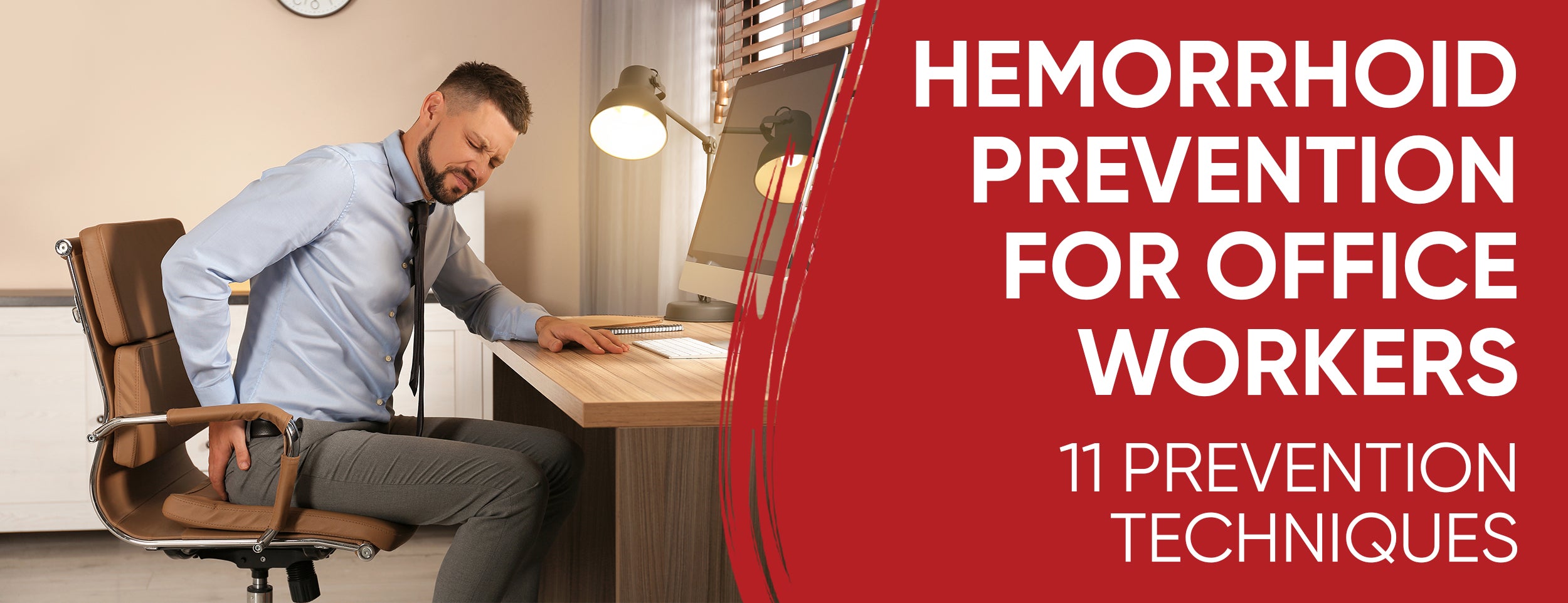
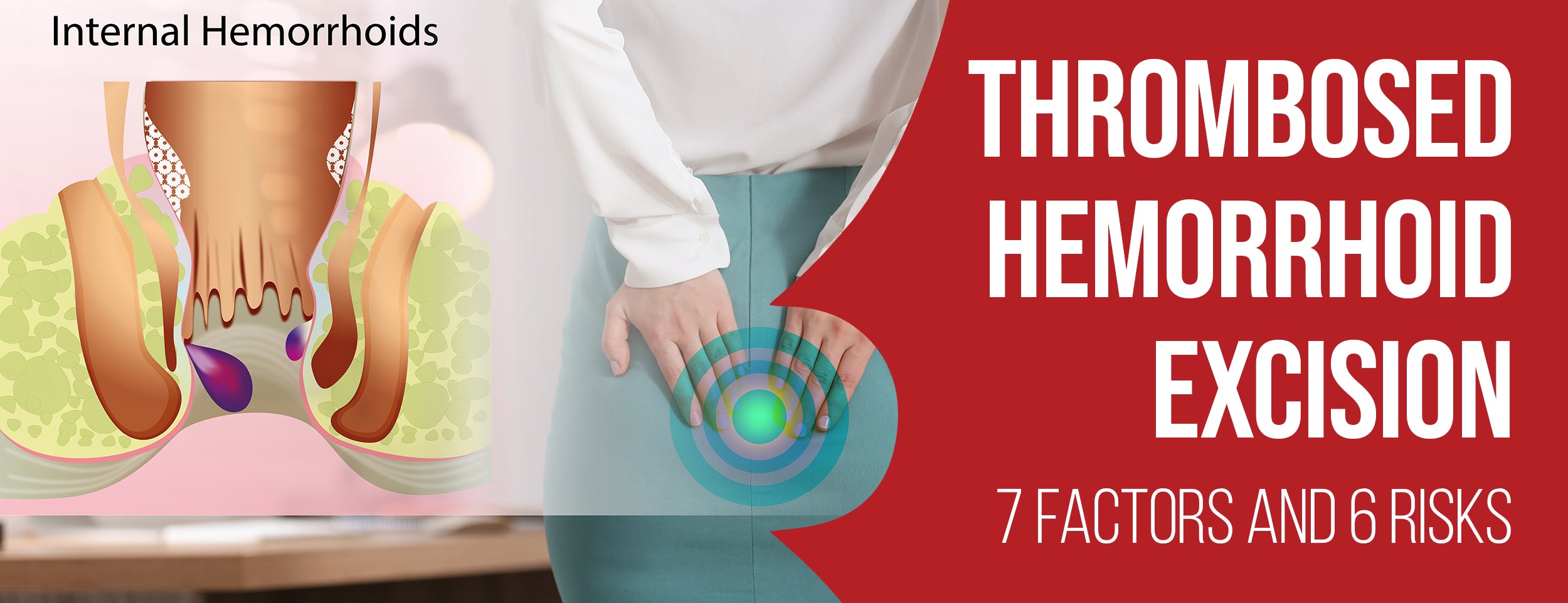
![Precautions & 6 Steps to Draining Thrombosed Hemorrhoids [DIY]](http://drnumb.ca/cdn/shop/articles/Draining_Thrombosed_Hemorrhoid_Yourself__6_Steps_8_DIY_Tips_With_Precautions.jpg?v=1713931775)

